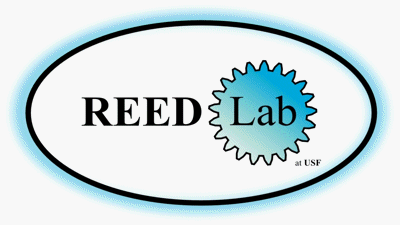|
|
Students from Haptics and Kinematics/Dynamics demonstrated their projects, December 7, 2015.
<Prev 1 | 2 | 3 | 4 | 5 | 6 | 7 | 8 | 9 | 10 | 11 | 12 | 13 Next>
Assessing the Role of Preknowledge in Force Compensation During a Tracking Task: Due to brain lateralization, each hemisphere specializes on different set of skills. Since each side of the body is controlled by the contralateral hemisphere, each arm has a more direct access to its corresponding hemisphere. It has been proposed that handedness is dictated by brain lateralization and it is related to the higher level skills that develop on each hemisphere. Based on the skills developed on each hemisphere each arm will use a different control scheme. The dominant hand has been shown to be more efficient in predicting the path for each task due to the hemisphere that controls it. The non- dominant arm, however, can counter perturbations faster. However it is not established if higher level conscious decisions, as opposed to unconscious functions, affect both hands equally. To answer this question, the compensation between expected and unexpected perturbation is examined. The results could not confirmed that that each hand uses a different control scheme but differences in hand velocity implied the bias. A more concrete execution of the experiment is suggested. This project resulted in a published paper.
|




